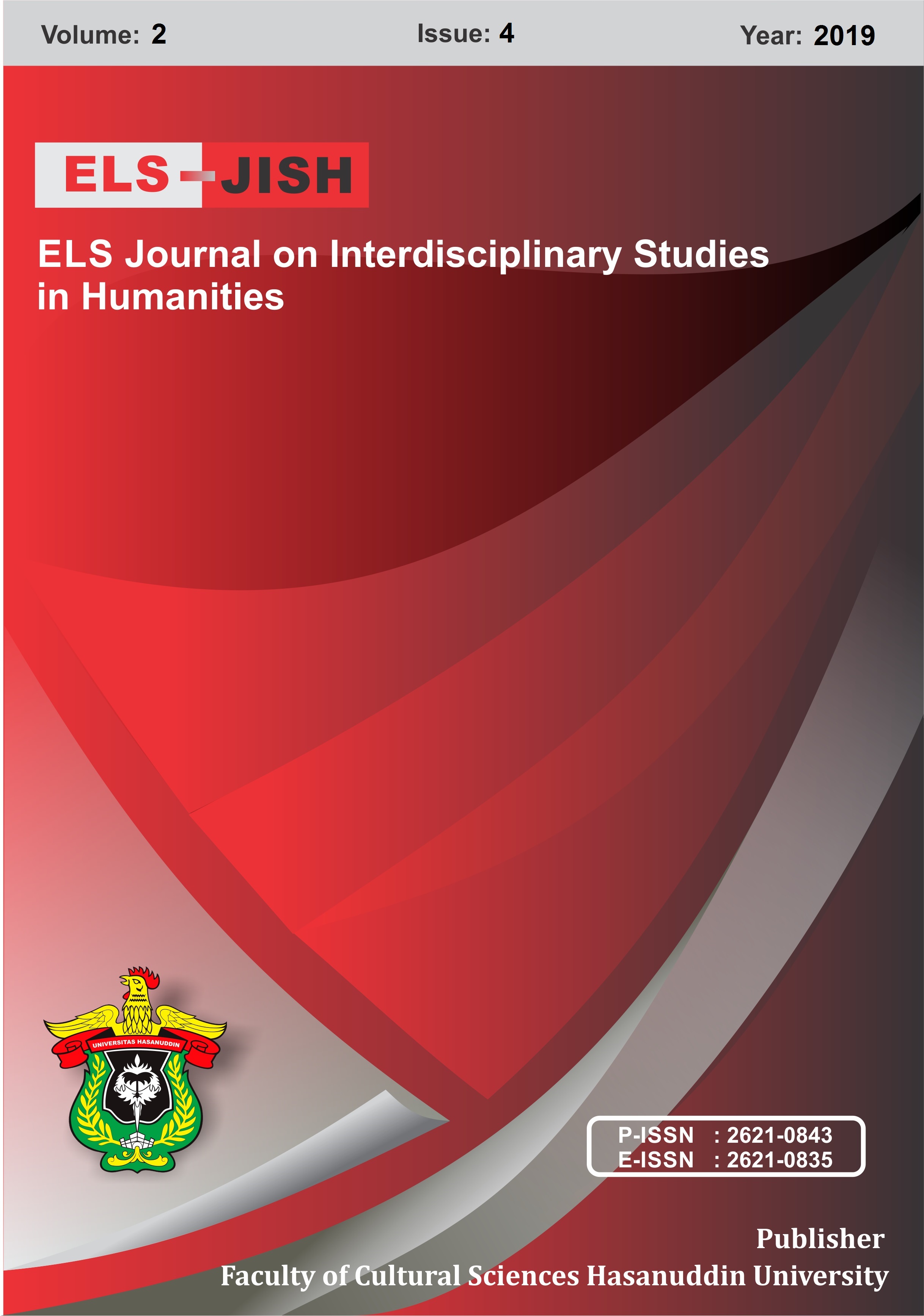English Vowels and Diphthongs Problems of Sundanese Learners
DOI:
https://doi.org/10.34050/els-jish.v2i4.8413Keywords:
First Language, Interference, Language, PronunciationAbstract
EFL Sundanese learners encounter the difficulties in English pronunciation. The learners are often unable to differ between English vowel sounds long [i:] with short [I] like the word cheese they pronounce it as /ʧIz/ instead of /ʧiːz/, despite they have learned English since elementary school, officially they have learned English for around 5 years. The purpose of this study is to explore the interference of mother tongue in pronunciation field that was made by Sundanese learners dealing with English vowels and diphthongs. The participants were 30 EFL learners with Sundanese background as their mother tongue. The data were collected by recording the students’ pronunciation and analysed using contrastive analysis. The results demonstrate that the learners met obstacles in uttering English vowels [i:],[u:],[ɔ], and diphthongs[eɪ],[əʊ],[æ]. The dominant mispronunciation of the English sounds occurs because of the absence of those English sounds in the learners’ mother tongue. This paper offers some recommendations to the teachers to overcome the phenomenon mother tongue interference.






